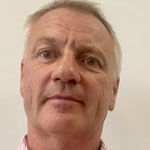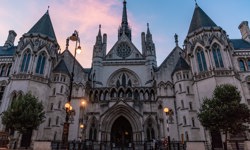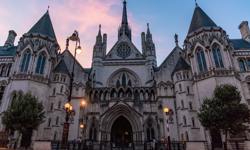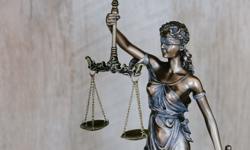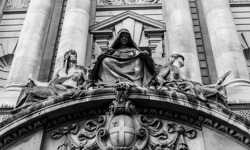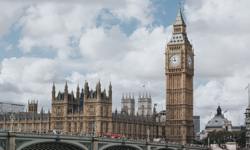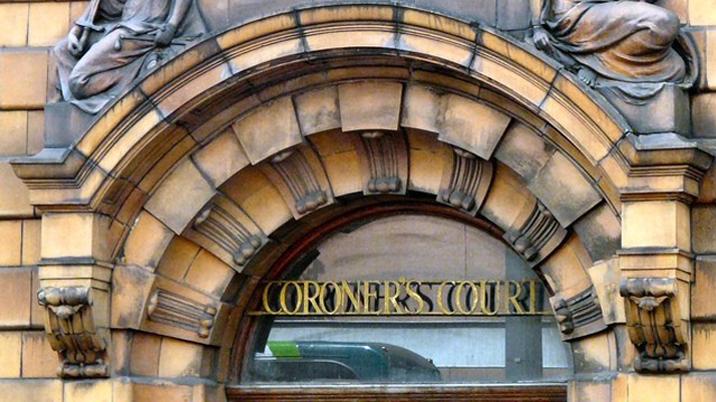
As reported by Mariella Brown on the Society of Editors website:
The SoE says it fully endorses and commends action taken by the Press Association to reverse a decision by the Gwent senior coroner to stage inquests in private during the coronavirus emergency lockdown.
And the SoE says it is appalled at suggestions made by Senior Coroner Caroline Saunders, that PA Media were not showing sufficient respect for grieving families by insisting open justice prevailed.
“It is precisely during times of crisis such as the one we are experiencing now that liberal, democratic societies must preserve those freedoms that protect them no matter how inconvenient,” commented Society of Editors executive director Ian Murray.
“An investigation into the death of a citizen must never be held in secret or we face fundamental dangers as a society.
“I am delighted that swift action by the Press Association has resulted in the reversal of what may be an illegal act, but for PA to then be accused of showing little respect for relatives of the dead is an appalling reaction from the coroner’s office in Gwent.”
Under UK law the public can only be excluded from inquests if the coroner considers it would be in the interests of national security to do so. Since the Covid-19 lockdown measures were brought into place, the coroner for Gwent had been holding inquests in private and releasing conclusions afterwards.
In a letter to Ms Saunders, PA’s legal editor Mike Dodd said he was particularly troubled that the inquest into the death of 13-year-old Carson Price, who was found unconscious in Ystrad Mynach Park last year after taking ecstasy, earlier this month was held in private.
Dodd added: “While PA Media has every sympathy with the difficulties caused to the Coroner Service by the coronavirus pandemic, this lack of access for the media, acting as the eyes and ears of the public, is unacceptable and, we believe, unlawful, and contradicts fundamental principles of open justice.
“We have considerable sympathy for the difficulties facing the Coroner Service at this time – the coronavirus pandemic has affected organisations and businesses across the country, and the world – and also for the desire to avoid delays or upset for the families and friends of the deceased.
“But the public interest in open justice and proper reporting of inquests has to be considered – and is arguably even more important during the current crisis – and cannot simply be discarded for reasons of administrative convenience.”
Dodd suggested hearings could be streamed online.
Saunders replied to Dodd: “I do not need a lecture about the principle of open justice.”
She added: “Your allegation that the reasons for changing the ways that inquests are currently being heard in Gwent is due to the ‘difficulties caused to Coroner Service’ or for ‘administrative convenience’ is frankly offensive.
“The reason was to avoid families waiting even longer and to reduce the waiting list for new inquests.
“It is disappointing that whilst purportedly ‘acting as the eyes and ears of the public’ there is an important sector of the public; the bereaved of Gwent, who do not so much as get a mention in your letter.”
She also explained the facility to live stream hearings was not in place at Newport Coroner’s Court and could not be put in place at short notice.
Saunders concluded: “You will, no doubt, be relieved to know that I have acknowledged the voracity of your argument and have therefore adjourned all of the inquests listed from today onwards until the restrictions imposed by the pandemic have been lifted.”
In a final parting shot, she added: “I would ask you to reflect on the consequences; one lady has been told today that her mother’s inquest will now not proceed as planned tomorrow because of the concerns raised by the press. She is devastated.”
Dodd told the Society of Editors: “The Coroner is under a legal obligation to hold all inquests in public except those which involve matters of national security. A public hearing of an inquest is not an optional extra – and the requirement is there to ensure that inquests are open to scrutiny, by members of the public as well as by journalists. We simply pointed this out to the Coroner.
“We did not suggest that it was necessary to cancel or postpone inquests – as we said, other courts have held hearings by various methods. All these involve is an internet link, a laptop computer, and an application such as, for example, Skype for Business or Zoom. During the coronavirus crisis, we cannot see why such hearings cannot be held in an office with the right equipment– they do not have to be in the Coroner’s specific courtroom – as long as journalists and the public have access to them.
“We reject the suggestion that we have no concern for the bereaved – all journalists deal daily and weekly with the families of those who have died in tragic circumstances, and are acutely aware of the emotional impact of such loss, and of our responsibility to ensure that we do not add to it.
“Arrangements about the timing of inquests, or their cancellation, are a matter for the Coroner.
“The demand that one journalist should cover inquests for everyone was unrealistic and unreasonable – different media organisations have different requirements for coverage, and their journalists should be able to access hearings.”


